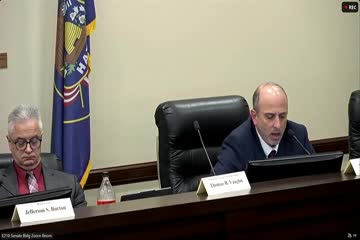Article not found
This article is no longer available. But don't worry—we've gathered other articles that discuss the same topic.
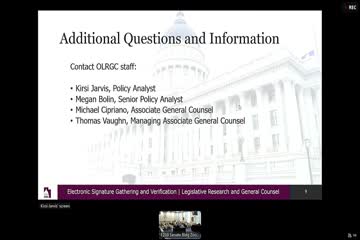
Utah panel reviews rollout of electronic signature-gathering system as law now allows mixed methods
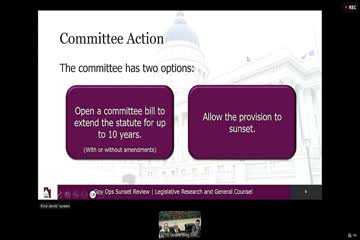
Committee opens bill file to extend program that allows state agencies to purchase from community rehabilitation programs
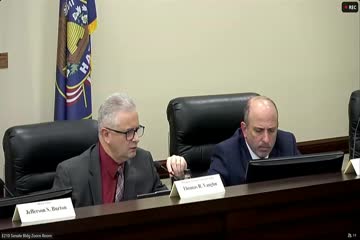
Committee hears legal review of in-person voter ID options and federal case law
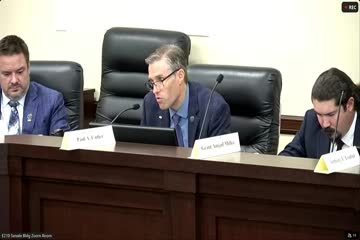
Committee backs bill to bar voting machines with wireless capability and set statewide equipment standards
